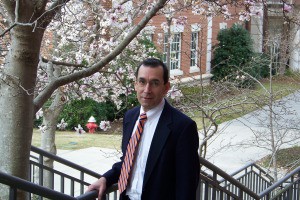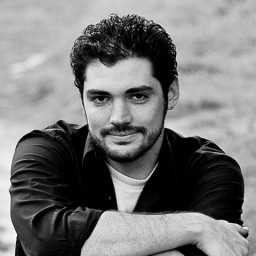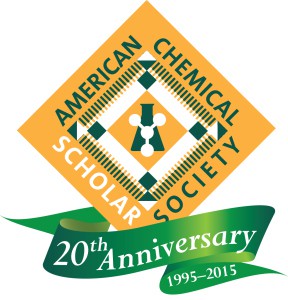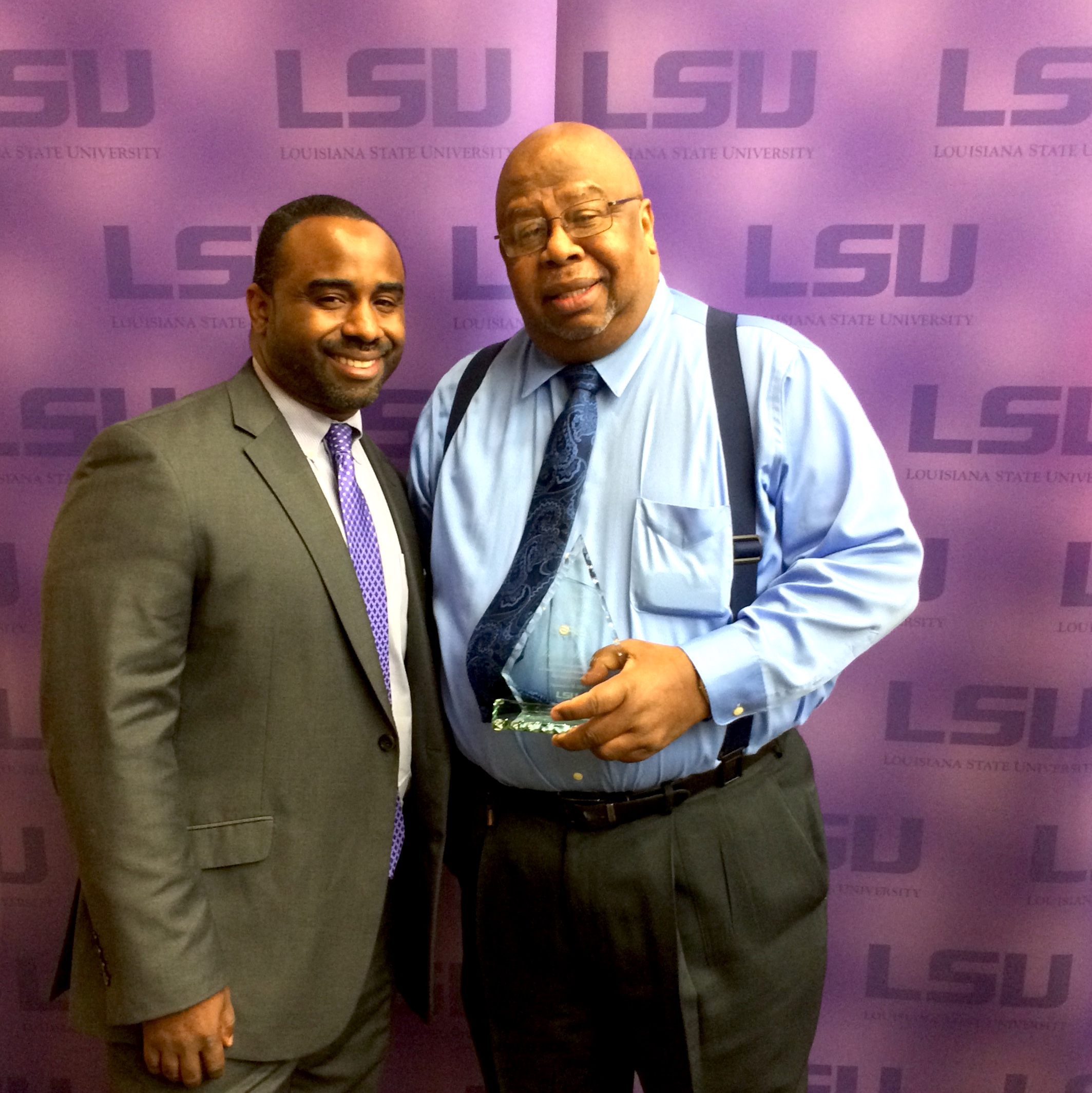At a large, state university, all members of the faculty have opportunities to increase the diversity of the community of scholarship in their departments. Opportunities for department chairmen are especially ample. On the basis of eight years’ experience as chairman of my department at Auburn University, I encourage my colleagues to consider the following measures.
1. Found professional organizations for minority and female students and scientists, e.g. a local chapter of the National Organization for the Professional Advancement of Black Chemists and Chemical Engineers (NOBCChE). Provide publicity and support for initial social events.
2. Form alliances with professional organizations (e.g. NOBCChE) that provide connections and recruiting information. Contacts of this kind procure an advantage in recruiting students, staff and faculty.
3. Sponsor regional meetings and recruiting symposia that facilitate contacts with prospective graduate and undergraduate students.
4. With a view toward dual-career accommodations, become familiar with unmet needs for technical expertise in your department and in other academic units.
5. Encourage collaboration with faculty and students at minority-serving institutions by providing access to specialized instrumentation and other technical resources.
6. Support and modernize degree programs (e.g. Laboratory Technology, Medical Technology) that historically have produced large numbers of female graduates.
7. Give careful consideration to job candidates whose gender or background are unprecedented in a given position. Such individuals often have qualifications that complement current personnel in highly innovative ways.
8. Procure funding for students and staff to attend meetings of professional organizations that focus on minority or female scientists and students. Mentoring relationships and reinforcing contacts with peers that result from attendance increase productivity and enhance your institution’s reputation.
9. Participate in review or advisory panels at minority-serving institutions.
10. Offer to give guest lectures or short courses at minority-serving institutions.
11. Provide periodic, professional advice to minority and female students and colleagues at all career stages. Untenured faculty, postdoctoral fellows and young collaborators are especially appreciative of such counsel.
12. Nominate minority and female colleagues for awards, fellowships, travel support and other distinctions which will increase their professional visibility.
13. Distribute accounts, orally or in writing, of your professional activities, especially research and teaching, that are intended for a general audience or for students in secondary or primary school. The goals and practices of scientists are often poorly understood by the general public, especially the young. Personal bridges from the scientific community to the most impressionable members of society can have lasting effects.
14. Encourage colleagues and students who speak languages other than English to participate in recruiting activities that reach previously untapped pools of talent.
These measures, when practiced by chairmen and other senior members of the faculty, provide an example of openness and initiative that can influence younger colleagues, stimulate social interactions and generally improve the climate of scholarship in your department. Diversity and excellence thereby become mutually reinforcing goals that fulfill the historic missions of large, state universities.

JV Ortiz
Ruth W. Molette Professor
Department of Chemistry and Biochemistry
Auburn University










